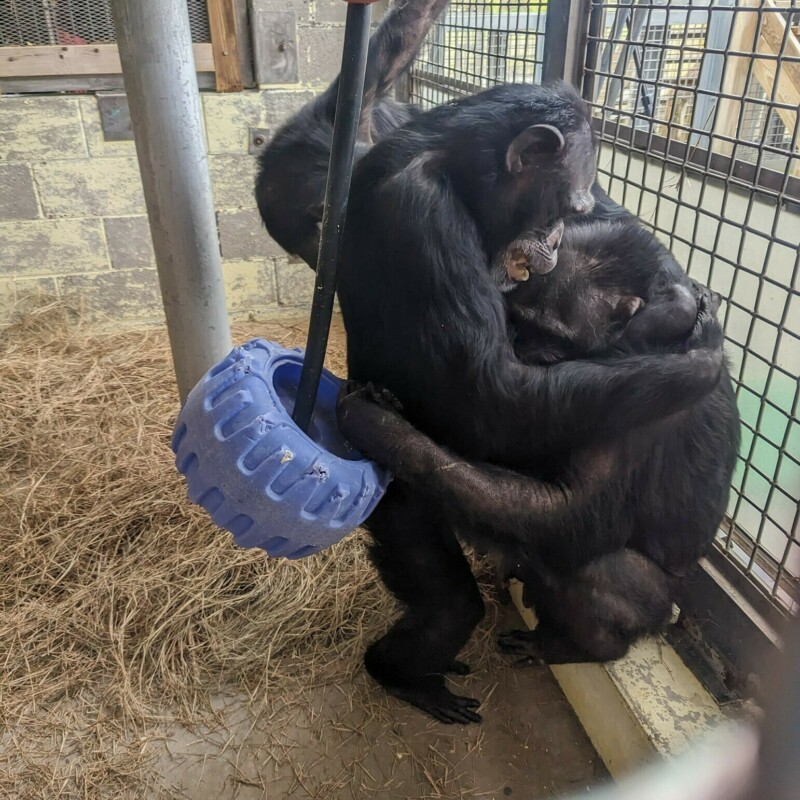An alarming number of women stay in abusive relationship because they fear threats to their pets and farm animals, according to a report from a psychologist with the ASPCA.
Randall Lockwood, the senior vice president for forensic sciences and anti-cruelty projects says there are compelling links connecting animal abuse and neglect with domestic violence, child abuse, sexual abuse and elder abuse.
Lockwood’s study shows cruelty to animals frequently is both an indicator and predictor of interpersonal,
family, and community violence, and is strongly linked to the criminal histories
of juvenile offenders.
“I’ve seen cases of where a calf has been killed to demonstrate what the abuser is capable of and sends the message that, ‘You step out of line, you could be next,’ ” said Lockwood, an internationally recognized expert on the connection between animal cruelty and human violence.
“It might be pet or a farm animal. These are obviously animals that you not only have an emotional attachment to, but sometimes are financially dependent upon.”
Lockwood was in Regina to speak at The Link conference, which is being held Thursday and Friday by the Saskatchewan SPCA.
Based on data gathered from women who have left abusive relationships and sought protection at shelters, it’s very common for abusers to use animals to control them, Lockwood said in a story in the Regina Leader Post.
“Among pet-owning women, the percentage that are reporting animals have been threatened, injured or killed can be in excess of 70 per cent and up to half of the women going into shelters actually report that an animal has been harmed or killed,” Lockwood said.
For close to 40 years, he has studied the inter-relationship between human and animal violence. He has degrees in psychology and biology and a doctorate in psychology.
The 69-year-old has testified in more than 50 trials involving cruelty to animals or the treatment of animals in the context of other crimes including child abuse, domestic violence and homicide.
The most common link in different forms of abuse is the offender’s need for power and control, he said.
“Often perpetrators of domestic violence are individuals who feel a real or perceived injustice has been done to them, that they haven’t been listened to, taken seriously or they don’t have the kind of influence on the world or their family that they feel they should,” he said. “Getting a sense of control then often means victimizing those who are weaker than you … that might be spouses, the elderly, children, animals or it might be all of them.”
A lack of empathy toward others, taking pleasure in the suffering of others or “callous disregard” are characteristics of abusers — animal or human, Lockwood said.
Throughout his career, Lockwood has witnessed many instances of animal cruelty.
“It’s conferences like this that do give me strength — seeing the number of people here who care about this and are seeking solutions,” he said.
Photo credit: ASPCA




